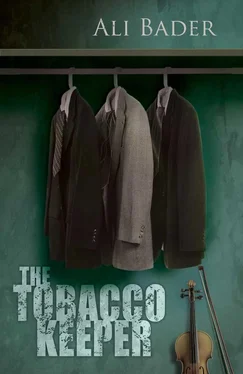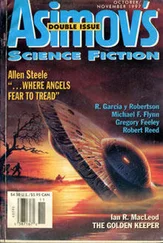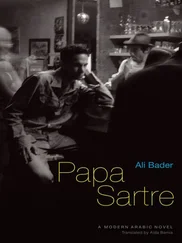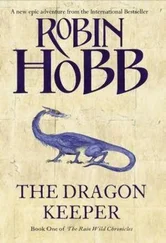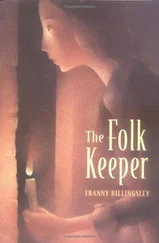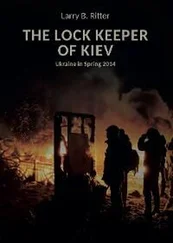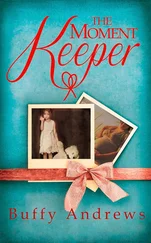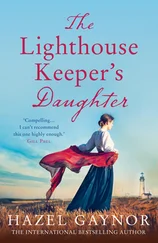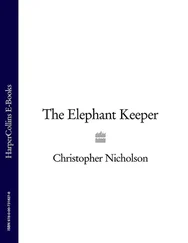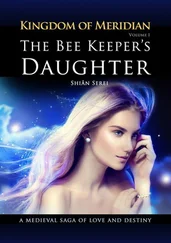The other transformation that Yousef mentioned in his letters to Farida was his relationship with Mr Rashid.
Mr Rashid lived in Bab al-Agha on Al-Rashid Street. He was elderly and would laugh non-stop, never leaving his grocery shop. He moved among boxes of Persian sweets and bottles of cooking oil imported from Iran. He would sit with one leg stretched out into the passage and the other tucked beneath rolls of fabric. One of the photographs in Boris’s envelope showed him wearing a grey jacket over a formal, white shirt. He had white teeth and a thick moustache. His eyes were the colour of Aleppan pistachios: a combination of green and brown, slightly lighter than his dark complexion.
Mr Rashid was the first Muslim for almost forty years to open a grocery shop in a Jewish neighbourhood of Baghdad. He had two lovely daughters: the divorced Lamiaa and the younger Noureya. For a small allowance, Yousef worked as an assistant in Mr Rashid’s shop one summer.
One day Mrs Rashid was standing on the latticed balcony of her house. She asked him to wait until she called her adolescent daughter to see him. In those days, carnal desires had begun to take hold of him. It was the first time that he saw Lamiaa, Mr Rashid’s blonde daughter. She was wearing a white nightgown that revealed her white legs and her small, rounded breasts. He once went to the cinema with Mr Rashid’s son, Fouad, and saw a passionate kiss on the screen for the first time in his life.
Seeing Mr Rashid and his daughters confused Yousef and made life with his father much more difficult. This was because he would often compare Mr Rashid’s relationship to his daughters with his own father’s attitude and bookishness.
After getting to know Mr Rashid and his daughters, Yousef felt the chilling coldness of his father’s house. The warmth and light-heartedness of Mr Rashid’s home made him reject his father’s high bookshelves, his house and perhaps his whole family. The library, and all that it contained of the thoughts of men and laws of life, with all its Jewish and non-Jewish philosophers, was worthless in comparison with the warm, spontaneous feelings of Noureya and Lamiaa. Furthermore, Yousef hated dogs. The dog that had entered his own home as a representative of the canine proletariat had a totally negative impact on him and had deprived him of all feelings of intimacy and warmth.
Yousef gradually began to feel revolted, bored and saddened by everything at home, including the lifeless family gatherings for tea, the windows permanently closed with heavy curtains, the wooden door, the dead quietness, the kitchen and its Persian cutlery, and the yellow library lamp. Every time he went home Yousef felt lonely and desolate. After dropping heavily into a chair, he would be overcome with a sense of dejection. A dark, heavy colour would descend onto the banisters, the empty rooms and the chill beds, on the walls lined with books and on the ancient furniture. He felt dismally lonely as he went into his room, hearing his father snoring in bed. He would switch on the light quietly and open his music sheets. But he couldn’t play or write. He would sit and think. Facts, ideas, discussions and his father’s sallow, depressed face, all made his life at home terribly hard.
His father spent all his time in his library, especially after his retirement. If he talked at all, it was about the socialism that could make everyone happy. Mr Rashid, however, was very different, for he never talked about the future, only about the present. He lived in the moment in its excitement and its essence. This was exactly what Yousef demanded of music. He wanted tunes that responded to the present moment. Whenever he saw Mr Rashid laughing or observed him making almost non-stop jokes, he thought of his own, very different, father, the man with the sallow face buried among huge books that he’d inherited from his own father. Like a lone dog, he would sit in the dim light of a single lamp, while Mr Rashid was sitting in his bamboo chair in front of his grocery shop, under the sun, laughing heartily and aloud with people all around him.
(We stopped, Faris and I, in front of Yousef Sami Saleh’s house in Al-Torah, the famous Jewish quarter of Baghdad. The house stood near a windmill, which was now in ruins. All the maps going back to the fifties had shown it as a mill, although it looked like a derelict building. The house where Yousef had lived was still standing, but was now occupied by an elderly man, his sons and three daughters. From here Yousef had perhaps walked to Mr Rashid’s grocery shop, which was also still in existence. Other houses in the neighbourhood were still intact: the houses of the Shaools, the Sassoons and the Rahoos, as well as other well-known houses.)
During those years, Yousef pursued his musical education with great passion, and practised his violin with obvious dedication. He stayed from morning till night at the music school where Muslim, Armenian and Jewish instructors taught. He also gave various classical recitals at the English Club in Baghdad. To sharpen his imagination, he read modern Arabic poetry, enjoying its innovations of form and diction. He read symbolist poetry and was fascinated by its imagery, language and modern form. He believed in the importance of the forties’ wave of poets, who distanced themselves from classical Arabic forms. He wrote in his notebook that he felt alienated from traditional martial poetry, which lacked imagination, and was attracted to the modern spirit, which gave full rein to reflection. The Baghdad of Yousef’s time was going through colossal changes. It was inundated by a flood of new ideas, trends, conflicts, schools of thought and cultures. He was the enthusiastic artist leading the boisterous life of a twenty-year-old young man. He got to know many artists and writers, such as Al-Sayyab, Al-Bayyati and Al-Tikreli, and would meet them at the Brazilian coffee shop. He also knew the rebellious, vagabond poet Hussein Murdan. Like the poets, he tried experimenting with musical forms of expression, especially after witnessing the bitter conflicts that arose out of political pressures or other social forces.
Yousef was witness at that time to the bitter conflict between new and outdated ideas, between an emergent spirit and another that was fixed and immovable. And although he was caught up in the chaos and populism of modernism, he had perceived the rebellious nature of the young wave and its connection with what was lived and felt, away from the hallucinations and anarchic mysteries of abstraction. He tried experimenting in music too, by composing pieces inspired by the poetry of Badr al-Sayyab, Al-Bayyati and Nazek al-Malaeka. He attempted to transform the humdrum into melody, to add a mythical aspect to still life through music. He wanted to transform the intimate experiences of young people in Baghdad into immortal legends, finding inspiration among women’s fishnet stockings and brassieres flung on beds, in love-letters and telephones, and in kisses, whether snatched or planned.
Yousef wished to create for himself an image that was similar to that of Hussein Murdan, who was a madman, a lost soul, a cursed renegade and a clown, all rolled into one. He wanted to follow in his footsteps and become the outlawed outsider par excellence. In the midst of the conflict between modernists and traditionalists, the intellectual disputes of Baghdad never ceased. They even reached the coffee houses, where the advocates of free verse and the proponents of classical poetry exchanged blows with chairs. But behind the artistic rivalry was an implicit ideological struggle. Communists and their supporters were on the side of modernity, while the nationalists and their supporters were in favour of traditional poetry and attitudes. Although he felt within his own soul a deep rebellious tendency, he was also affected by the political situation of the Jews in Baghdad, which was becoming a real cause for concern.
Читать дальше
